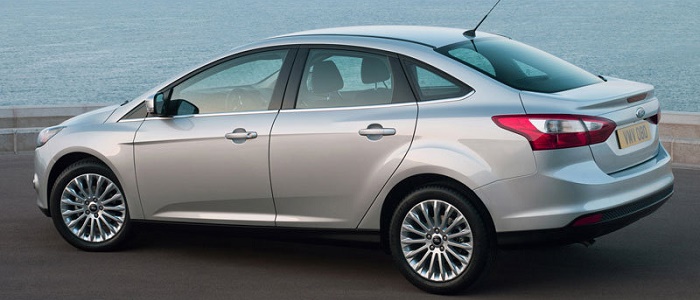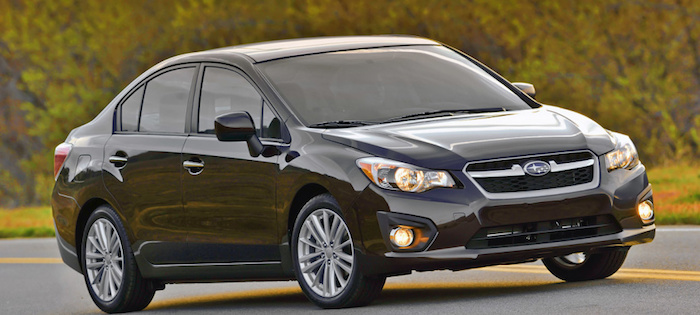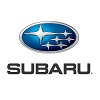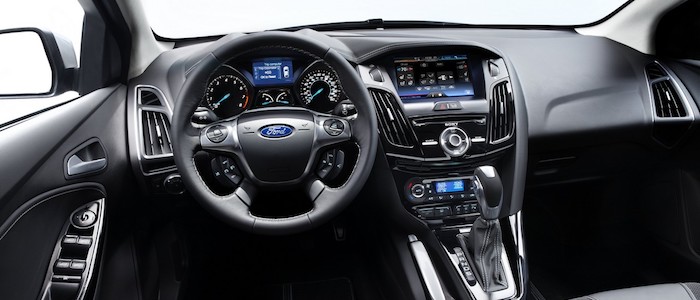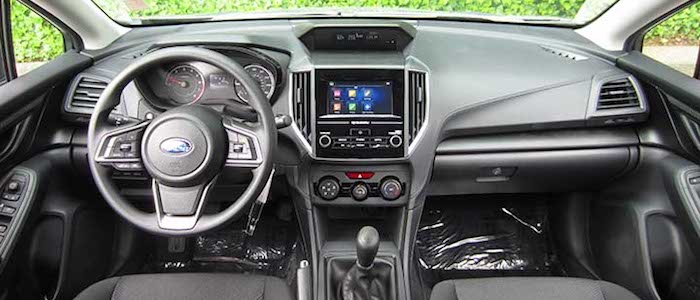Compare two cars
Compare any two cars and get our Virtual Adviser™ opinion
Dimensons & Outlines
Engine
Performance (manual gearbox)
Performance (automatic gearbox)
Expenses
Virtual Adviser's™ opinion
Two significantly similar cars, no doubt about that. Still, each one has something different to offer. Having both cars powered by petrol engines and utilizing the 4-door sedan body style within the same 'Small family car' segment, the only major difference here really is their wheel drive configuration (front for the Ford and 4 x 4 in the case of the Subaru). The first one has a Ford-engineered powertrain under the hood, a 3-cylinder, 12-valves 125hp unit, while the other one gets its power and torque from a 4-cylinder, 16-valves 114hp engine designed by Subaru.
SafetyBoth vehicles got tested by European New Car Assessment Programme (Euro NCAP), with the same number of safety stars gained in the process. Moving further on, let's take a closer look at some additional safety-related facts. Both vehicles belong to the small family car segment, which is generally classifying them somewhere in the middle safety-wise, but that fact doesn't break the tie between the two cars. On the other hand, taking kerb weight as an important factor into account, the Japanese car offers a marginal difference of 9% more metal.
ReliabilityManufacturers have been building their reliability reputation for decades now and, generally speaking, it appears that Ford does have a slight advantage, at least on all of the models level. That's the official data, while our visitors describe reliability of Ford with an average rating of 4.4, and models under the Subaru badge with 4.2 out of 5. Some independent research have also placed Focus as average reliability-wise, and Impreza is more or less at the same level.That apart, owners of different cars powered by the same engine as the American car rank it on average as 4.4, while the one under the competitor's bonnet gets 4.0 out of 5.
Performance & Fuel economyFord is a bit more agile, reaching 100km/h in 0.8 seconds less than its competitor. In addition to that it accelerates all the way to 195 kilometers per hour, 6km/h more than the other car. When it comes to fuel economy an obvious choice would be the American car, averaging around 5.1 liters of fuel per 100 kilometers (55 mpg), in combined cycle. That's 41% difference compared to the Japanese car!
Verdict
Ford appears just a bit more reliable, although the difference is truly marginal. The most important thing when deciding between any two vehicles should always be safety, both passive and active. In my opinion, everything taken into account, the Japanese car offers slightly better overall protection and takes the lead. From there things take a different direction, with Ford being considerably quicker, thus putting more smile on driver's face. To make things even better, it consumps less fuel! All together, there's not much more to say, in this case I wouldn't even consider anything but Ford. Anyway, that's the most objective conclusion I could've came up with and it's based solely on the information found on this website. Aspects such as design, practicality, brand value and driving experience are there for you to measure them out. In case you have two minutes to spare I invite you to define your needs, desires and budget and see which car would be chosen by the virtual adviser™, among more than 12.000 different ones in our database.






















